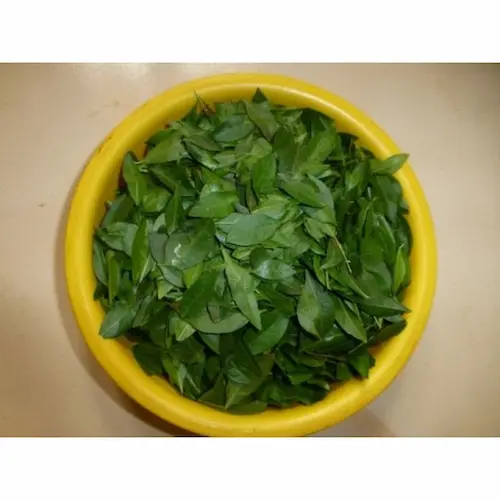Henna, a plant native to tropical regions, has been used for centuries for its medicinal and cosmetic properties. The leaves of the henna plant are particularly rich in compounds that have various health benefits. Here are some of the traditional uses and benefits attributed to henna leaves:
Skin Benefits
- Healing wounds: A paste made from henna leaves and onion juice can be applied to wounds, boils, and sores to promote healing.
- Treating skin conditions: Henna is traditionally used to treat skin conditions like eczema and psoriasis due to its anti-inflammatory and antimicrobial properties.
Hair Care Benefits
- Preventing premature greying: Applying henna to the hair can help to prevent premature graying and add a natural reddish-brown tint.
- Strengthening hair: Henna can strengthen hair and improve its overall condition.
- Controlling dandruff: Henna has antifungal properties that can help control dandruff.
Other Health Benefits
- Improving sleep: Placing henna flowers under your pillow is believed to promote restful sleep.
- Liver and spleen health: A decoction made from henna bark and honey can be beneficial for liver and spleen health.
- Skin conditions: A paste of henna and yogurt can be used to treat cracked heels.
Note: While henna has been used for centuries in traditional medicine, it’s important to consult with a healthcare professional before using it for any medical condition. Additionally, always conduct a patch test before applying henna to a large area of skin to check for allergies.
Disclaimer: The information provided here is for general knowledge and informational purposes only, and does not constitute medical advice. Always seek the advice of a qualified healthcare provider with any questions you may have regarding a medical condition.
